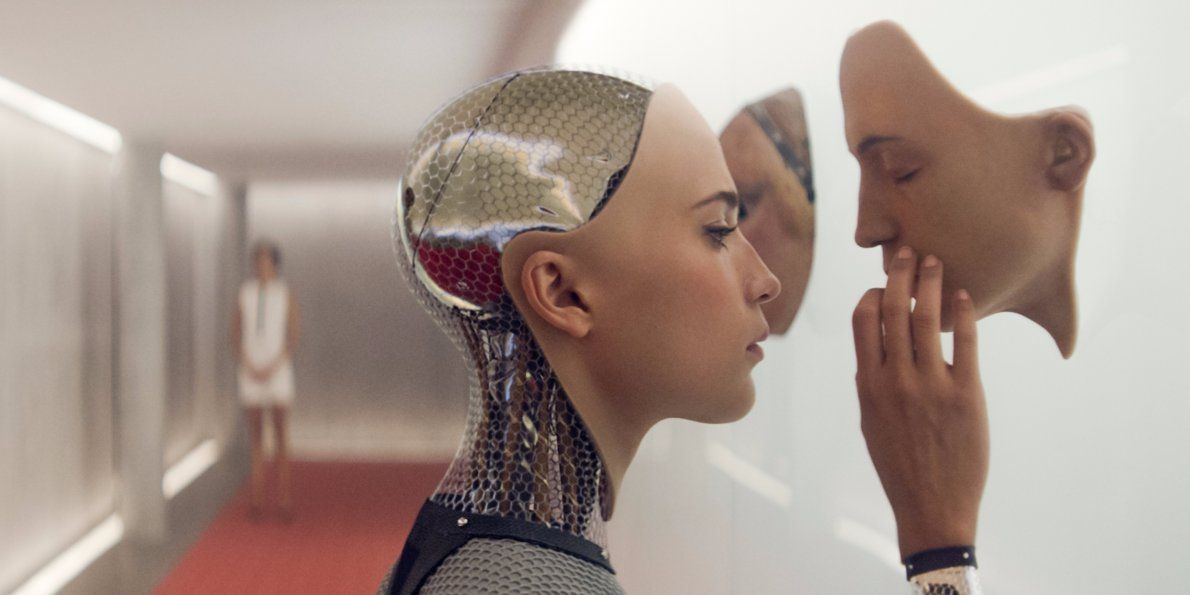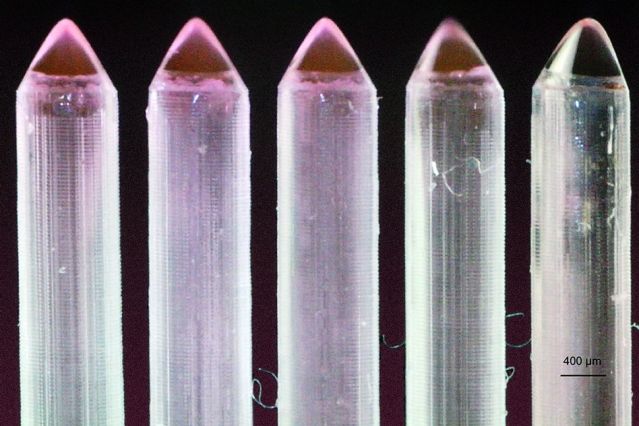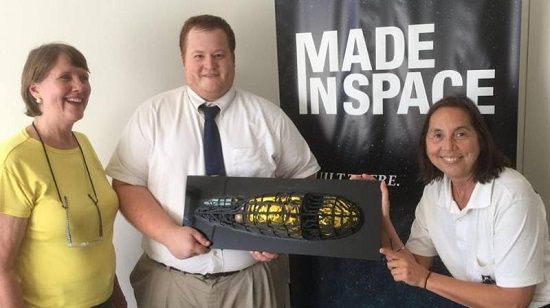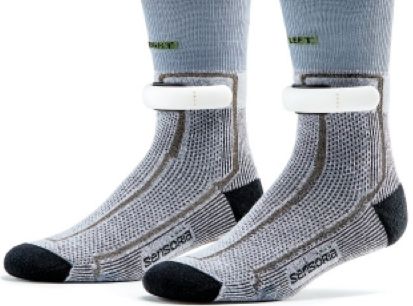Dec 19, 2015
7 Genes That Might Help You Reach 100
Posted by Robert James Powles in categories: biotech/medical, health, life extension
Healthy living isn’t meaningless, but while all of us can make positive lifestyle modifications, genes play a massive role in longevity — or there would be no species variation. We’re still discovering exactly which genes provide a longevity boost and what they do, but we now know 7 variants could help give you an advantage.
The search for a longevity gene
Previous efforts to search out a ‘longevity gene’ have been largely unsuccessful, so researchers led by Stuart Kim at Stanford decided to focus on ‘bad’ gene variants this time — or more crucially a lack of them. They analysed 800 people over 100 and 5000 people over 90 and found that while many variants are common in the average person, possession of fewer ‘bad’ versions of 5 crucial genes was indeed associated with longevity. Many long-lived individuals are able to avoid chronic disease despite harmful lifestyle choices like smoking, and this could be one of the explanations. These confirmed 5 add to 2 already associated with longer lifespans.


















